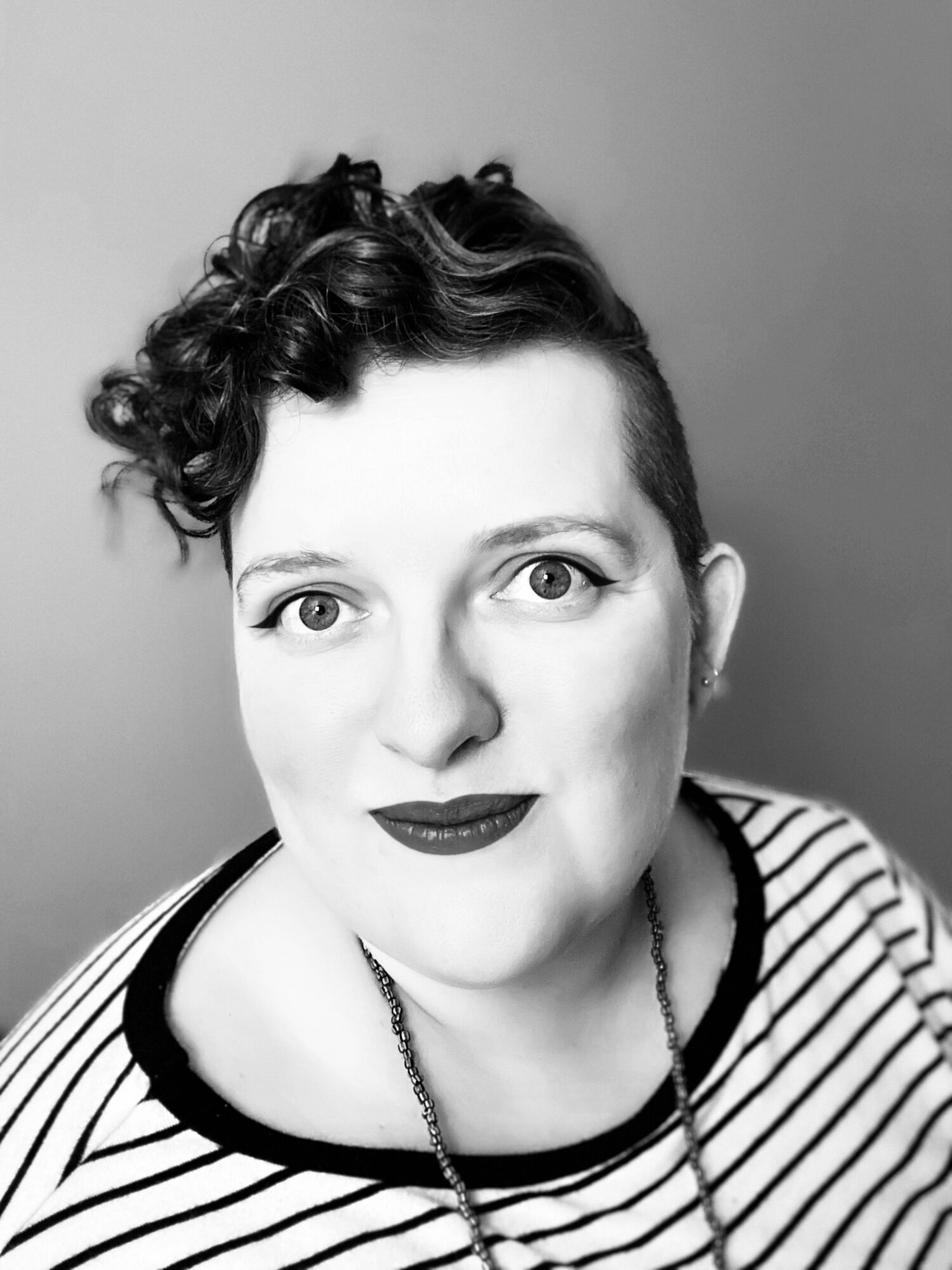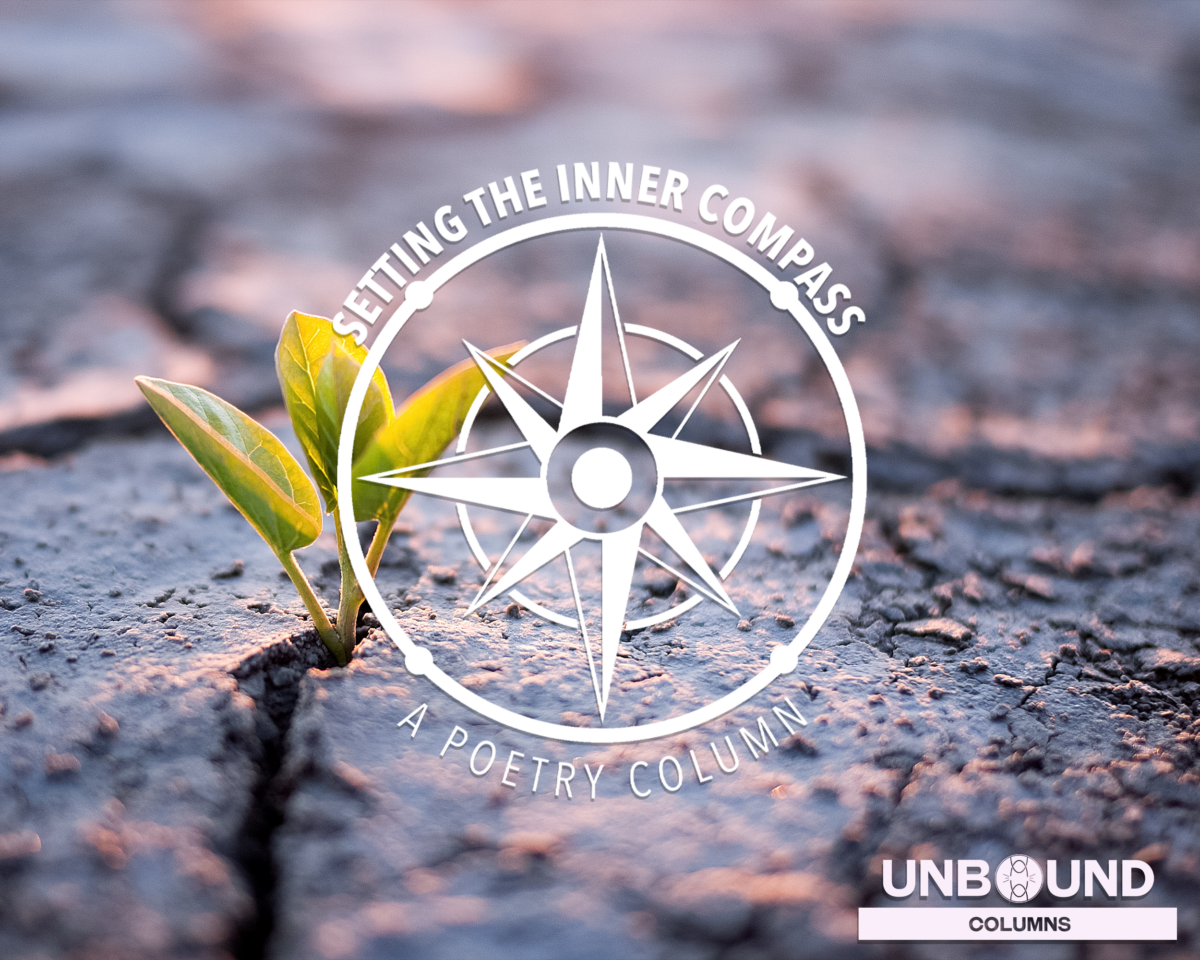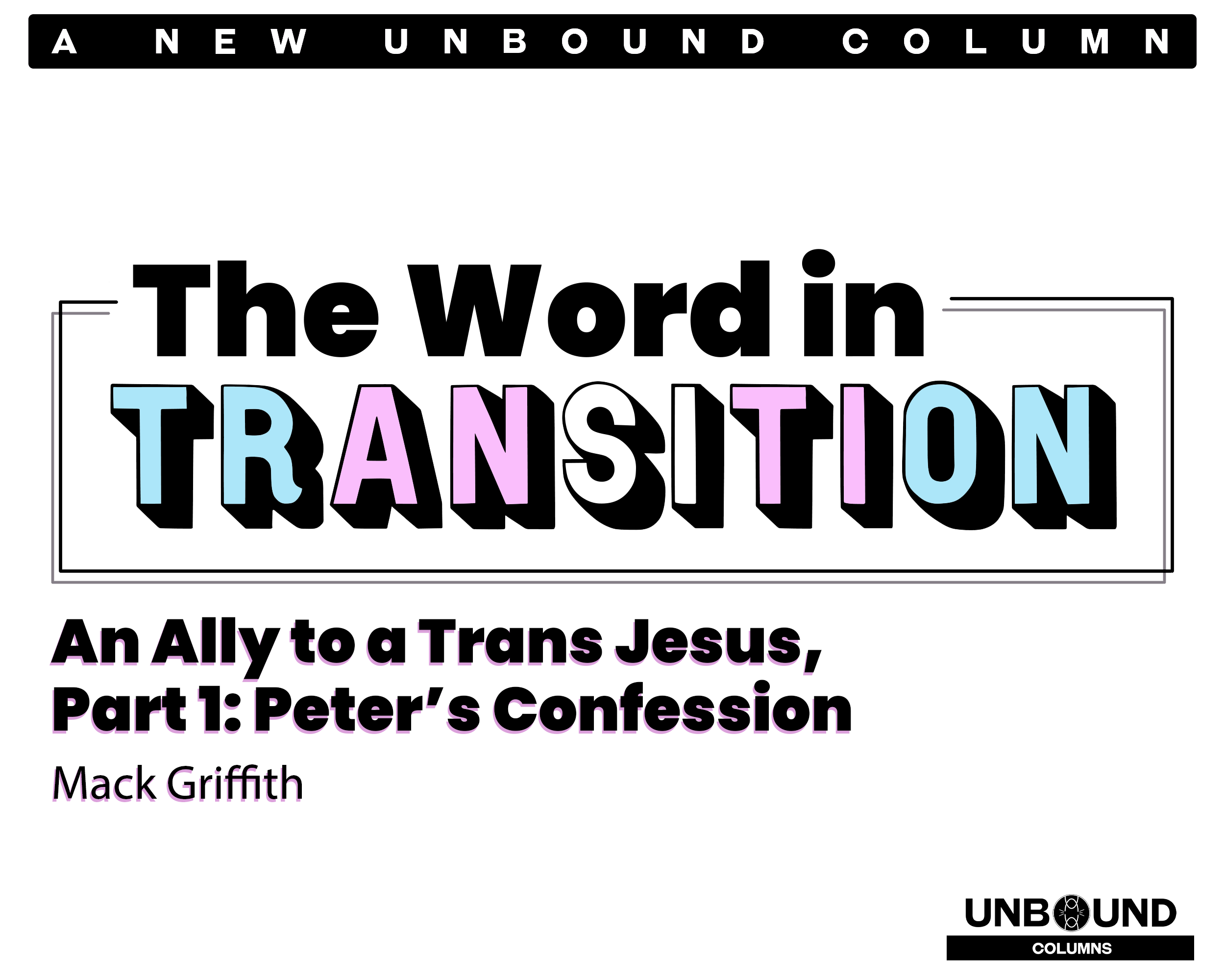Accountability starts with radical truth. Each of us holds an ideal form of ourselves within us, who we mean to be, who we want to become, who we are on our best days. Yet, accountability asks us to look at who we actually are, whether we live into the values we state and whether we show up in the world the way that genuinely reflects who we say we are. This is no easy task. To be accountable is to recognize who you are in honest ways, to see your flaws without judgment, and to see your strengths without gloating. It is also to see others in honest ways, holding yourself and them to standards of behavior that serve your relationships and the greater good.
Accountability is difficult but it is essential. I have complex PTSD and accountability is something that is a fundamental part of my healing and not passing on intergenerational trauma to my children. My children and I all hold multiple marginalizing labels that mark our place in the world. I am a nonbinary and queer parent to two kids, one who is intersex and the other who is transgender. We all are neurodivergent and have physical disabilities. We are white-passing but all mixed race. I am all too often aware of the vulnerability we all have in these labels. But it makes our accountability to ourselves and one another even more important. We must acknowledge and account for how our own woundedness can unintentionally harm others.
Accountability far too often is a buzzword, something that holds very little inherent meaning once it is bantered around to the point of semantic satiation in business meetings, coaching calls, and wider societal news stories along words like cancel culture and manufactured outrage. It is a concept that we all know, but one that has very rarely been put into place in ways that are truly helping us build accountability within our own families, our communities, and our greater culture.
One reason that we see accountability talked about but so rarely enacted is that accountability is not sexy or provocative. It is not something that can be marketed as the latest craze or fashion trend. If anything, it is boring consistency: It is the churning work of life to become a better and more reliable form of yourself. It is holding yourself, your family, and your community to a standard of behavior, of forthrightness, and of radical honesty and humbleness that reflects a path of spiritual and personal growth. It isn’t easy and each of us must do the work with a mindset towards growth.
In a world that marginalizes queer voices, that harms gender and sexual minorities, that subjugates and demonizes difference of all kinds, we find ourselves often holding more baggage than many. Our lives are all too often colored by trauma, by systemic marginalization, by lingering worries around self-worth and survival. Seeing these things for what they are, systems that are outside us and not inherently truthful in what they say of us can help us all begin to recognize what things inside us need to heal because of these false and harmful systems.
The pain and trauma of these harms certainly create reactivity in all of us: That is what trauma does. We internalize the volatility of abuse and often have imbalances of what we consider our responsibility. This directly affects our sense of accountability. We may take on the emotions of others as our responsibility, something that was never ours to control or manage. Conversely, we may reject taking on any responsibility at all, seeing it as fundamentally unfair that we must now heal from something that wasn’t our fault. Yet, we are responsible for our actions and we must recognize that if we do not become accountable for our own actions and adequately discern what is ours to handle that we may perpetuate harm and abuse upon others.
Accountability in our families and our churches starts with acknowledging the complexity that each of us holds harm and woundedness within us but that each of us is also fundamentally responsible for healing and showing up in the world in ways that do not perpetuate that harm onto others as best we can. Much like David in Psalm 39, some of us have held our tongues in fear. We have silenced ourselves in the name of survival, the burning truth within us scorches our very being for fear of hurting others with the anger and rage of our mistreatments. We want to speak with wisdom, yet we are lost and overwhelmed by the injustices of the world, by the pain we hold within us.
We find ourselves in a world that too often stokes our fires of outrage, that all too often also feeds our depths of despair. Yet, if we cry out to God and truly release our feelings in fullness to God, we can begin to see things in perspective. We can find that the power of God is within us to both release the flood of emotions in healthy ways and to let us truly speak in wise and transformative ways. In this we can realize that accountability is not anger: Anger may feed the fires within us to seek justice, but it is not the way we build a culture of accountability.
Accountability is built with consistency, with humbleness, with knowing your own flaws and woundedness, and accepting the flaws and woundedness of others. In our families and communities, it looks like compassion that accepts why someone might do a harmful thing, but still calls them on that behavior because it is harmful. It is also admitting when you have done something wrong and fixing what you can. It is not explaining or excusing your bad behavior: It is owning responsibility for your own choices. It is also not taking on responsibility that is not yours: You are not responsible for the emotions of others though you might be considerate of them; you are not responsible for the behavior of others though you might recognize your influence upon them; you are not responsible for making up for other people failing to do their part though you might consider doing so if it is still healthy for you to choose to do so.
A culture of accountability starts with people modeling personal accountability. It moves into us holding others accountable for their behaviors and doing so with compassion but firm standards and morals for our families, our churches, and our communities. It is not the harshness of berating people and using weaponized shame or guilt to control them. It is not ignoring wrongdoing out of fear of conflict or loss. It is not passive-aggressive forms of control that seek to coercively push people into your way of doing things or seeing the world. Accountability starts with radical acceptance of oneself with a mind for growth and a radical acceptance of others with a mind for ethical standards for all. It is a slow process, but one that our faith and the Greatest Commandment calls us into, to love God and likened to that, to love one another and ourselves as we love God. Through this calling we can learn to show up, to be trustworthy, and to heal both ourselves and our wider world.

Chris Wilson is an interfaith minister in process to become ordained with the United Church of Christ. They have a passion and focus on religious trauma, defending a thesis this spring at Chicago Theological Seminary. Chris is an active member and co-founder of the Progressive Clergy of TikTok, an ecumenical and interfaith group of clergy using the popular teen app TikTok as a mission to educate and counter hateful Christian narratives. Their work in the past few years includes CPE with the Interfaith Collective, an internship with Ark & Dove Presbyterian, and an internship with Broadview Baptist, leading the community organizing groups Our Common Calvert and Highlander MD. During that time, Chris has also trained with Industrial Areas Foundation (IAF) organizing groups, including a community organizing certificate through NEXT Church and Johnson C. Smith Theological Seminary, Metro IAF three-day leadership training, and various Anne Arundel Connecting Together (ACT) core-team work with UCC Annapolis.



Unbound Social